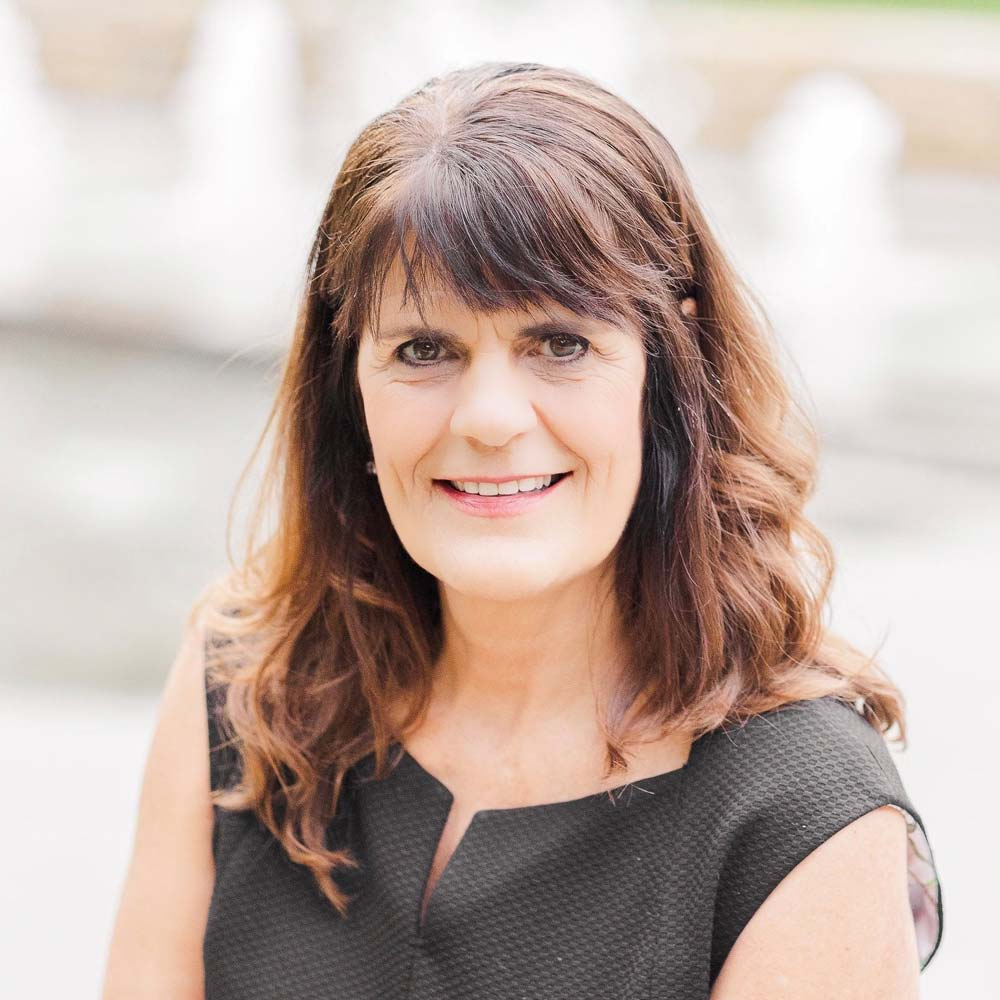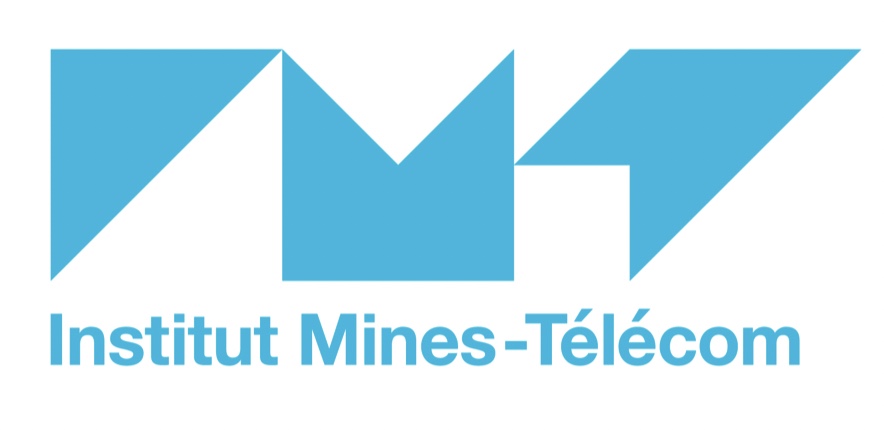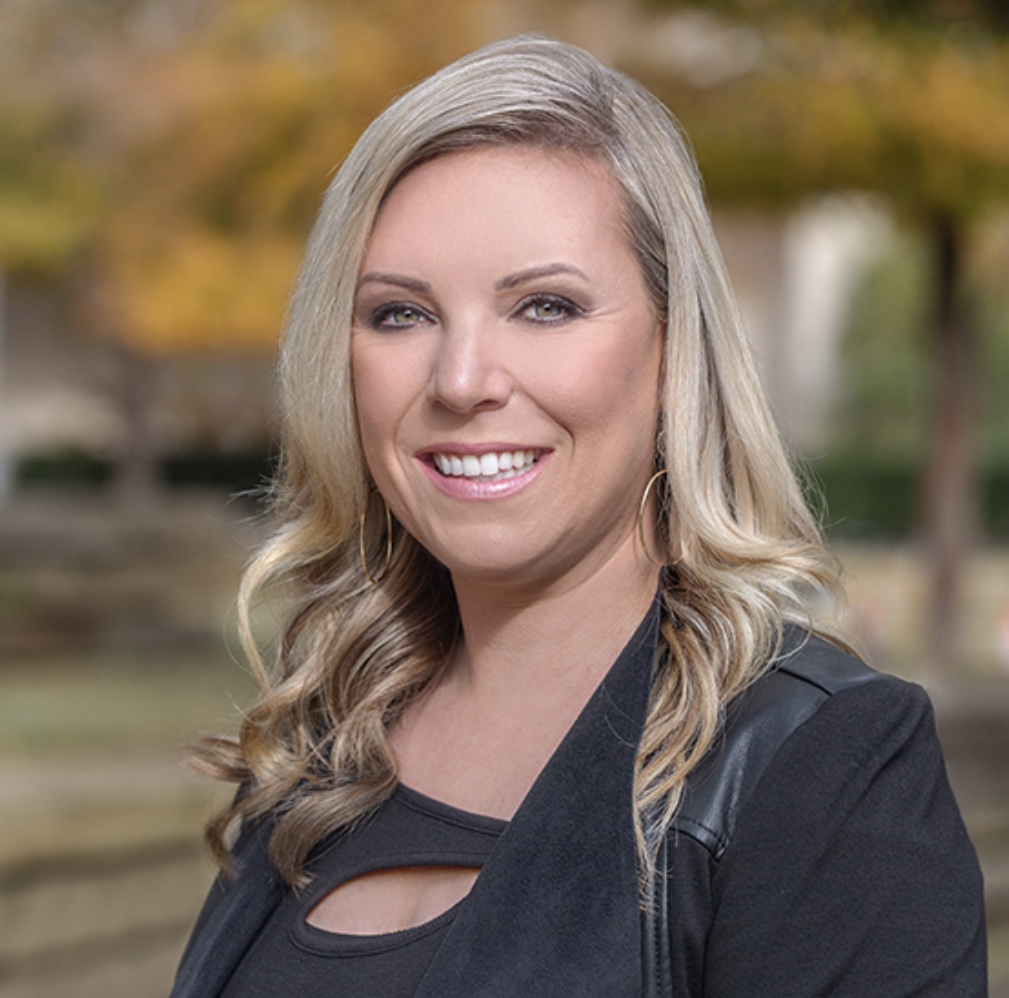
Virtual Exchange/Collaborative Online International Learning
News
VE/COIL Pioneers To Present at Global Conference in Greece September 29, 2025
VE/COIL Links Students to International Education April 16, 2025
World Class: Cirulli Lanham Revels in Fulbright Trip April 16, 2025
Creating New International Learning Opportunities in Business and Law December 16, 2024
From Far and Near: CTL Is the Best of Both Worlds October, 9, 2024
Collaborative Learning — and Cornhole — Bring Jindal School and UK University Together August 8, 2023
Students Get Material Lessons in Metaverse Marketing Project July 10, 2023
Virtual Exchange Program Extending UTD Educators’ Global Reach April 19, 2023
Course Offers Virtual Exchange, Look at Deviant Behavior During Pandemic March 1, 2021
Virtual Exchange (VE) or Collaborative Online International Learning (COIL) is an innovative pedagogy that allows professors and students to use technology to engage with their peers at universities around the globe.

VE/COIL takes place within two or more courses taught by professors in different countries and might span from a few weeks to an entire semester. Using a computer or phone with internet access, students meet and interact through synchronous and asynchronous meetings in which they exchange experiences and ideas and work together in teams to complete projects that are graded by their respective professors.
Throughout the academic year, the Center for Teaching and Learning will share information in a newsletter designed to help you learn about VE as well as find a faculty partner in the country of your choice. You also can read about current and past projects below.
By the Numbers
93
Virtual Exchanges/ COILS implemented since 2020
40
UT Dallas partner Institutions located in 22 Countries
3,172
UT Dallas and International students engaged
Fall 2025
Dr. Christine Veras and Dr. Katrina Rushing



Partner: Universidade Tecnológica Federal do Paraná (UTFPR), Brazil
Course: ANGM 4322 – Experimental Animation, Fall 2025
MUSI 3328 –Advanced Music Theory and Keyboard Skills, Fall 2025
Bass School of Arts, Humanities and Technology
This interdisciplinary VE/COIL project brought together animation and music students from UT Dallas and UTFPR in Brazil to explore the creative intersections of sound and image. Students from each university collaborated to produce a series of short experimental animations forming a countdown sequence for ExperimentAnima 2026.
Each piece celebrates the creativity and resilience of Brazilian women animators through innovative combinations of rhythm, composition, and visual design. By blending experimental animation techniques with original music, participants gained firsthand experience in cross-cultural collaboration and creative co-production—skills essential to today’s global arts community.
Dr. Irina Panovska


Partner: University of Marburg, Germany
Course: Contemporary Economic Policy – Fall 2025, Fall 2024, Fall 2023
School of Economic, Political and Policy Sciences
UT Dallas and the University of Marburg in Germany already have an established dual degree master’s program in International Political Economy. Up to ten students are admitted each year both in Dallas and Marburg, where they study for one year before traveling abroad for their second year of study.
Now undergraduate students from the two institutions are embarking on a VE/COIL program that will enable them to learn about economic topics together without ever leaving home. Students enrolled in Dr. Irina Panovska’s undergraduate economics course on Contemporary Macroeconomic Policy at UT Dallas and students from Dr. Bernd Hayo’s Macroeconomics II in Marburg will work on a joint project that studies the behavior of unemployment and inflation in G7 countries.
The project looks at these important macroeconomic aggregates both from a theoretical and from an empirical perspective. The students will craft a joint presentation of their analysis about how policy and political environments have affected the behavior of unemployment and inflation globally, and they will work on developing macroeconomic projections. They will also learn about each other’s cultures and countries along the way.
Dr. Carol Cirulli Lanham


Partner: Sheffield Hallam University, England
Course: EPPS 1110 – Critical Issues in the Social Sciences, Fall 2025
SOC 1301 – Honors Section of Introduction to Sociology, Fall 2025, Spring 2025, Spring 2024, Spring 2023, Spring 2022
School of Economic, Political and Policy Sciences
Dr. Lanham is leading two VE/COIL projects this semester that explore cultural lag, the gap between technological change and society’s ability to adapt. In both collaborations, students examine how artificial intelligence is advancing faster than policies and social norms can respond.
In partnership with Sheffield Hallam University in the United Kingdom, first-year seminar students are studying how AI is reshaping daily life. In collaboration with the University of Monterrey in Mexico, honors sociology students apply the same ideas to social institutions and culture.
Each team selects one of the United Nations Sustainable Development Goals (SDGs) and creates short, social media reel linking AI and cultural lag to real-world issues such as education, health, climate change or employment. The projects build skills in critical thinking, intercultural teamwork, and digital storytelling while giving students a global view of technology and society.
Dr. Ben Porter


Partner: Universidad Iberoamericana Ciudad de México (Mexico City)
Erik Jonsson School of Engineering and Computer Science
From identifying lost pets to revolutionizing medical diagnostics, the applications of computer vision powered by artificial intelligence are rapidly expanding. To explore these possibilities, Dr. Ben Porter, Assistant Dean of Effective Teaching in the Erik Jonsson School of Engineering and Computer Science (ECS), is facilitating a first-of-its-kind extracurricular VE/COIL project.
This initiative connects ECS students from different majors with peers at Universidad Iberoamericana Ciudad de México in Mexico. Using the Roboflow platform, they are collaborating to build a computer-vision application for pet identification. By inputting diverse dog and cat images, they are training AI models to distinguish between breeds and individual animals, demonstrating AI’s potential in real-world applications.
Through this collaboration, students not only learn technical skills but also gain insight into how peers in another country approach problem-solving, communication, and teamwork.
Dr. Matthew Heins


Partner: Institute-Mines Telecom Nord Europe, France
Course: EE 4301 – Electromagnetic Engineering – Fall 2025, Fall 2024, Fall 2023, Fall 2022, Fall 2021
Erik Jonsson School of Engineering and Computer Science
Dr. Matthew Heins is an associate professor of instructor in electrical engineering at UT Dallas. IMT Nord Europe, a university in Lille, France, has an apprenticeship/master’s program for students studying engineering. Through collaborative online international learning, students from both institutions create interdisciplinary research posters related to the United Nations Sustainable Development Goals.
Working in teams, students select a specific goal of interest, conduct research on that goal, and explore solutions that utilized their respective knowledge and skills. Topics are focused on global challenges, such as clean energy, gender equality, environmental preservation, and more.
Throughout the collaboration, students engage in discussions and share their ideas and insights related to these goals while receiving feedback from their respective professors.
Heins notes that the international collaboration highlights the potential for multidisciplinary approaches to address global challenges.
Dr. Octavious Smiley


Partner: Universidad Iberoamericana Ciudad de México (Mexico City)
Course: STAT 3355 – Introduction to Data Science, Fall 2025
School of Natural Sciences and Mathematics
In this VE/COIL project, students from UT Dallas and Universidad Iberoamericana in Mexico City are collaborating in mixed international teams to analyze real-world datasets. Together, they are applying statistical and data science tools to clean, explore, and interpret data, culminating in a final video presentation of their findings. The project is designed to strengthen students’ applied statistics and probability skills as part of their coursework. By incorporating a VE/COIL into the assignment, it also is helping them develop intercultural communication and teamwork abilities that prepare them to work across borders and disciplines.
Dr. Kate York



Partners: Universidad Nacional de Asunción, Paraguay
Colegio Bayard, Argentina
Course: NATS 4341 – Project-Based Instruction – Fall 2025, Fall 2024, Fall 2023, Spring 2023, Fall 2022, Fall 2021;
NATS 3343 – Classroom Interactions – Fall 2025, Fall 2024, Fall 2023, Fall 2022
School of Natural Sciences and Mathematics
The UTeach Dallas program in the School of Natural Sciences and Mathematics prepares students for math and science teaching careers in the K-12 setting. Knowing that students will be working with diverse populations once they graduate, UT Dallas Master Teacher Dr. Kate York and her colleagues, UTeach Dallas Associate Director and Master Teacher, Katie Donaldson, and Master Teacher, Denise Gregory, have been incorporating collaborative online international learning into their curriculum for years. Their current partners are Universidad Nacional de Asunción in Paraguay and Colegio Bayard in Argentina.
Through virtual teaching experiences and joint project activities centered on science, math, English language development, and education systems, students in all three countries gain valuable intercultural perspectives through the VE/COIL. Guided by their professors, students engaged in live teaching sessions, collaborated on projects, and shared reflections, fostering cross-cultural interactions and empathy.
The collaborations aim to bring international experiences into the classroom, especially for those who may not have the opportunity to travel abroad. It also empowers these future teachers to embrace a variety of instructional pedagogies in their careers.
Dr. Mary Goodrich


Partner: Deakin University, Australia
Course: ACCT 6341 – Planning Control, and Performative Evaluation, Fall 2025
Naveen Jindal School of Management
Graduate students studying accounting at UT Dallas collaborated with peers at Deakin University to explore entrepreneurship through product development and performance evaluation. Working in international teams, they designed and tested minimum viable products (MVPs) using free digital tools and created landing pages to showcase their ideas.
Students applied concepts of planning and control while practicing innovation and decision-making in real-world business scenarios. They presented their projects through recorded pitch decks, integrating financial evaluation with entrepreneurial creativity. The project concluded with a joint online celebration recognizing outstanding teams and reflecting on lessons learned.